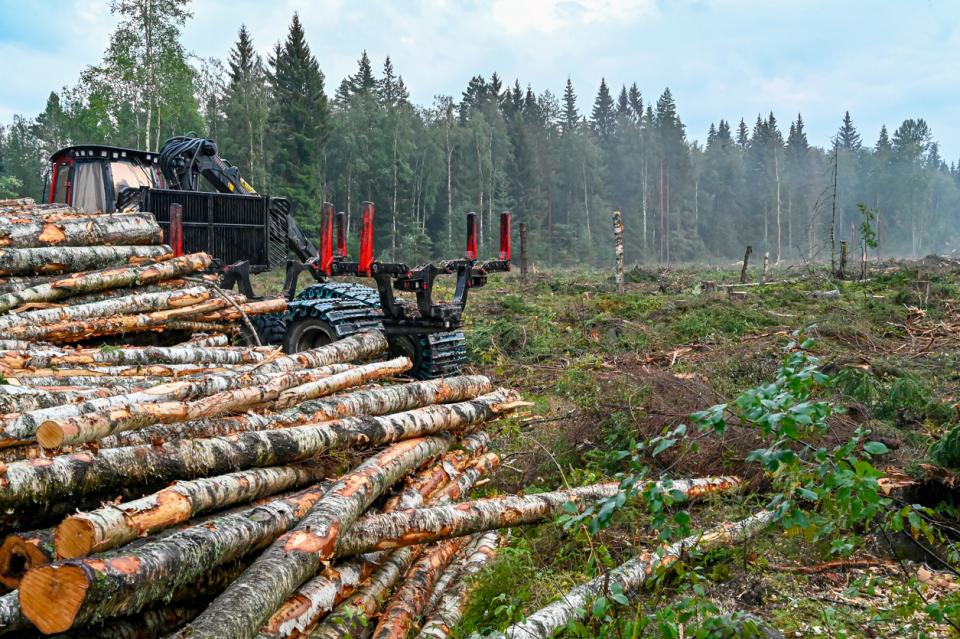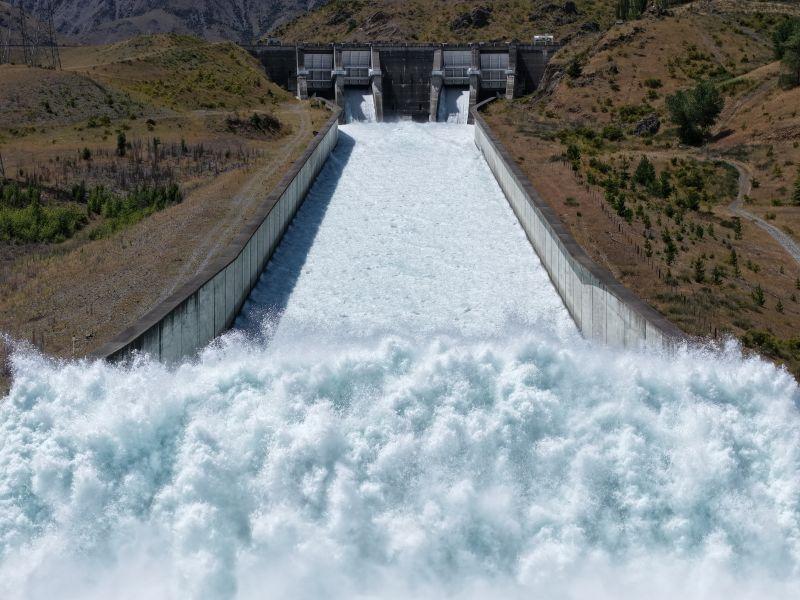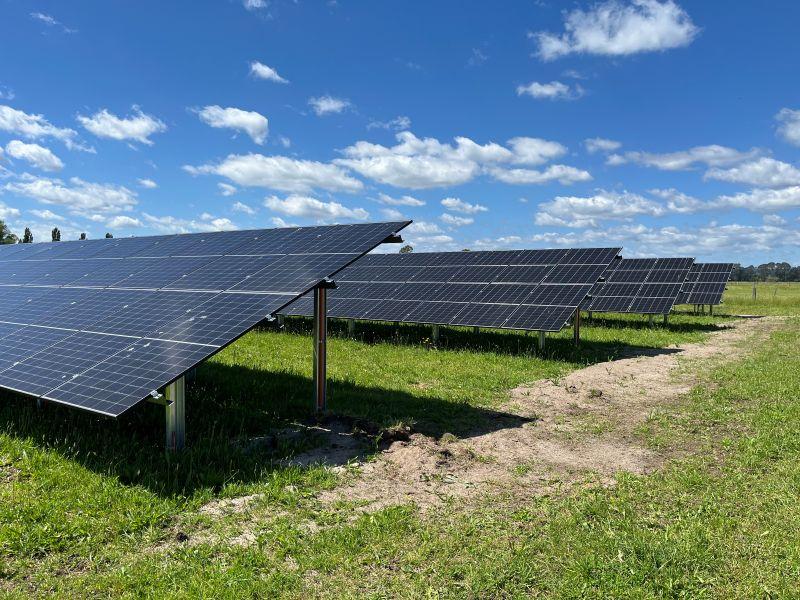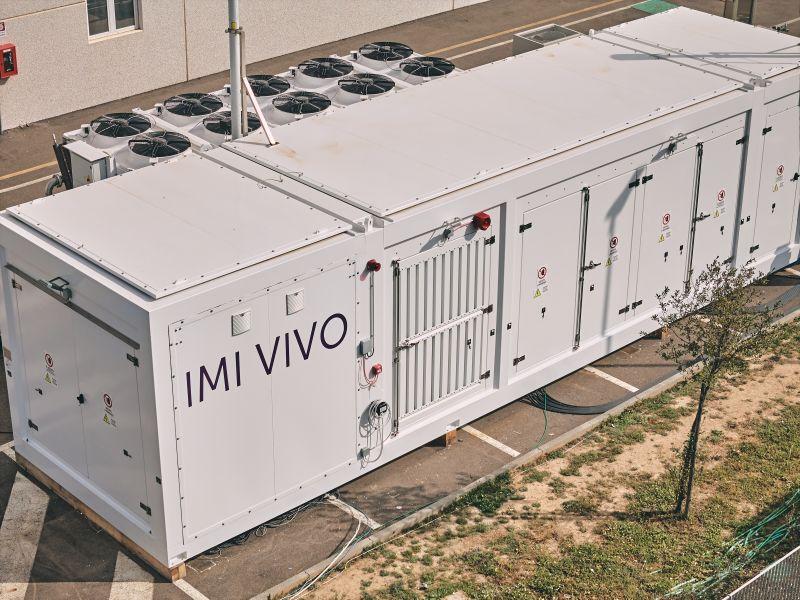The New Zealand Government has launched a significant initiative to accelerate the bioenergy sector, focusing on wood energy and biogas to enhance energy security, stimulate regional economic growth, and meet climate objectives. The release of the "Wood Energy Strategy and Action Plan" and a "Government Statement on Biogas" signals a clear commitment to diversifying the nation's energy mix with cost-effective, domestically sourced fuels.
The core vision is for New Zealand to accelerate wood energy as a reliable, affordable, and sustainable resource for both domestic and export markets. The potential is substantial: wood energy could replace approximately 40% of fossil-fueled process heat by 2050 and displace 300,000 tonnes of coal at the Huntly Power Station. This expansion is projected to create significant regional employment, with analysis suggesting that a demand of 40 Petajoules per year could support over 20 wood pellet mills employing more than 300 people.
To catalyse this growth, the government has established a six-objective strategy supported by a detailed action plan. Key government actions include a $3 million co-funding Request for Proposals from the Energy Efficiency and Conservation Authority (EECA) for wood energy aggregation facilities, and $6 million in repayable grants for businesses building wood energy supply manufacturing facilities. The strategy emphasizes enabling private investment, improving wood fibre supply, reducing barriers for end-users, and enhancing market transparency.
Concurrently, the Government Statement on Biogas aims to provide the market clarity needed to attract investment in this sector. The government is committed to refining regulatory settings and will leverage its own energy demand through a Request for Information to explore investment in new wood energy and biogas projects. As stated by Minister Watts, "Diversifying New Zealand’s energy mix with new fuels and more energy sources is a critical step in ensuring long-term energy security."






